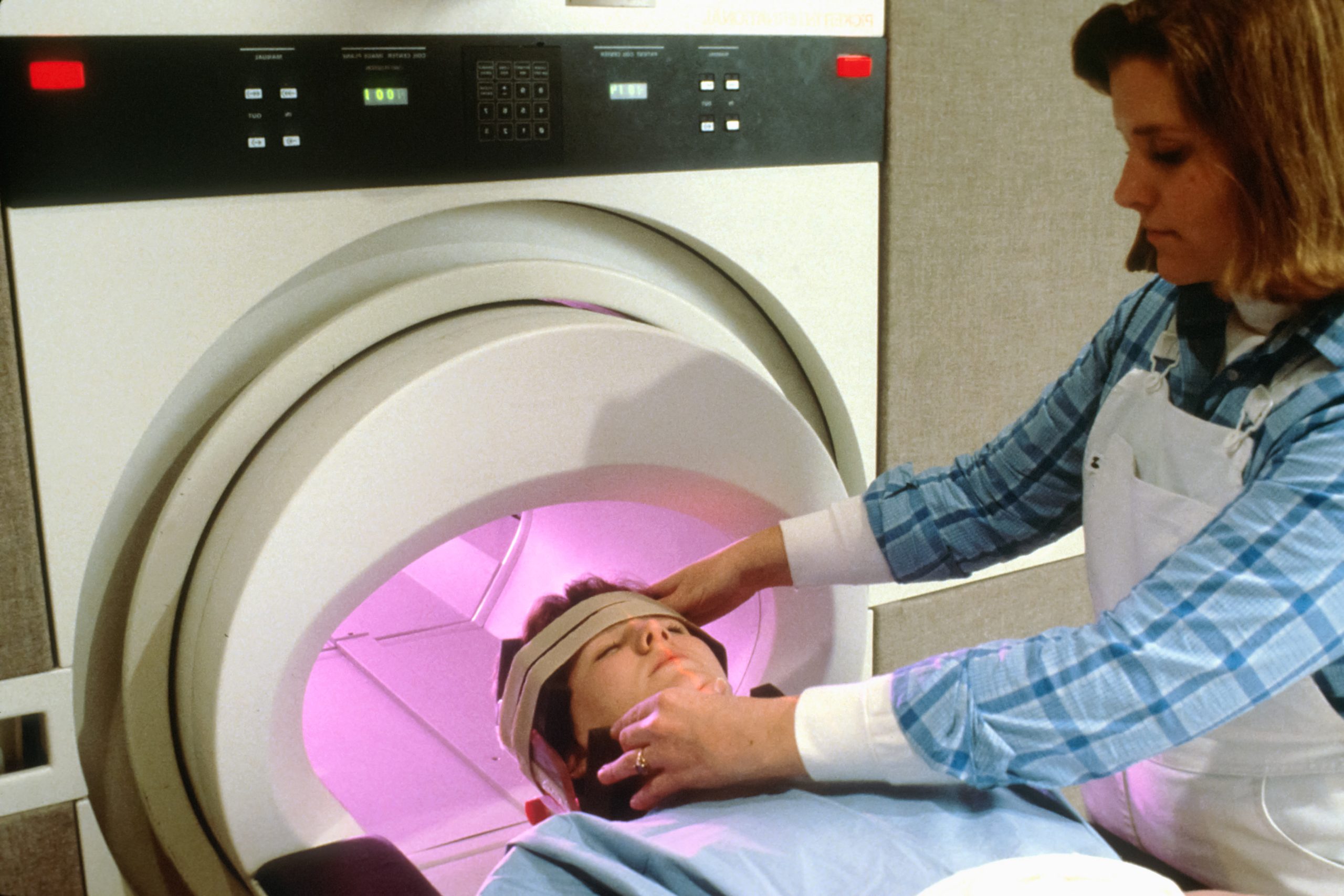Introduction: In a society that increasingly values mental acuity, the quest for a sharper mind has become paramount. While brain-training apps and puzzles have gained popularity, a growing body of scientific research points to a simpler and more accessible solution: exercise. This article delves into the fascinating link between physical activity and cognitive function, highlighting the profound impact that getting active can have on the mind.
- The Cognitive Benefits of Exercise: Exercise has been shown to provide a multitude of cognitive benefits. Regular physical activity stimulates the release of chemicals in the brain, such as endorphins and dopamine, which promote improved mood, focus, and overall mental well-being. Moreover, aerobic exercise has been found to increase the production of brain-derived neurotrophic factor (BDNF), a protein crucial for the growth and maintenance of brain cells. These factors collectively enhance cognitive function, including memory, attention, and problem-solving abilities.
- Exercise and Neuroplasticity: One of the most remarkable aspects of the brain is its ability to adapt and rewire itself, known as neuroplasticity. Exercise plays a pivotal role in promoting neuroplasticity by fostering the growth of new connections between brain cells. Studies have revealed that physical activity enhances the structural integrity of the brain, particularly in regions responsible for memory and executive functions. This plasticity not only improves cognitive performance but also aids in mitigating the effects of aging on the brain.
- Reducing the Risk of Cognitive Decline: With age, cognitive decline becomes a concern for many. However, engaging in regular exercise has been shown to significantly reduce the risk of cognitive impairment and neurodegenerative diseases, such as Alzheimer’s and dementia. Research indicates that physical activity enhances blood flow to the brain, increases the size of the hippocampus (a key brain region involved in memory), and reduces the accumulation of beta-amyloid plaques, a hallmark of Alzheimer’s disease. These protective effects can help maintain cognitive function and preserve brain health as we age.
- Exercise as a Mental Health Booster: Beyond cognitive benefits, exercise has a profound impact on mental health. Physical activity has been associated with reduced symptoms of depression and anxiety, as well as improved stress management. The release of endorphins during exercise induces feelings of happiness and relaxation, contributing to enhanced overall well-being. Moreover, engaging in exercise often provides opportunities for social interaction and a sense of community, further bolstering mental resilience.
Conclusion: The scientific evidence is clear: exercise is not just essential for physical health but also holds the key to a sharper mind. By engaging in regular physical activity, individuals can experience improved cognitive function, enhanced neuroplasticity, and a reduced risk of cognitive decline. Moreover, exercise offers mental health benefits, providing a natural boost to mood and overall well-being.
In a world where mental agility is highly valued, the solution to achieving a sharper mind lies in something as simple as putting on a pair of running shoes or taking a brisk walk. As the research continues to unfold, the profound connection between exercise and cognitive function becomes increasingly evident. So let us embrace the power of movement and seize the opportunity to unlock the full potential of our minds.










